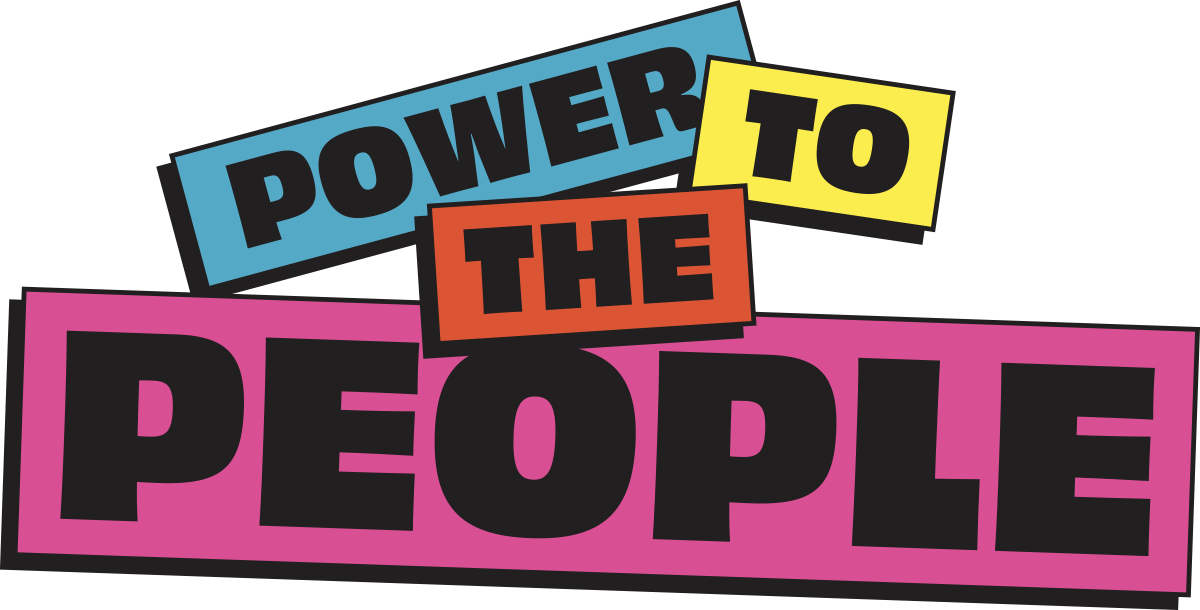Feb 28, 2023
Report: Power to the People – how do rising living costs affect your life?
For the first of a series of transnational ‘Power to the People’ online assemblies leading up to the European elections, hundreds of people from sixteen countries across and outside the European continent joined a special transnational assembly last week to discuss rising costs of living. Organised by a coalition of partners involving European Alternatives, Europe Calling, Citizens Takeover Europe, EUI-STG Democracy Forum, Mehr Democratie and Another Europe is Possible, the first assembly discussed the ongoing economic pressures in Europe from a bottom-up citizen-centred perspective. The assembly had simultaneous translation in English, Italian and German throughout and was moderated by Sarah (Mehr Demokratie) and Seema (Another Europe Is Possible / European Alternatives).
The assembly began with an opening plenary featuring contributions from residents across Europe.
A Marseille resident read a poem touching on the general crisis of low pay across all sectors, poor healthcare provision, the high cost of food and housing, and the particular impact the crisis has had on racialised and minoritised communities. The poem highlighted the growing level of organisation to push back against low pay and high bills, including strikes in all sectors and the ‘Don’t Pay’ movement.
Immediately emphasising the common cross-border experience, a writer from Palermo started her contribution with a reference to the growing ‘Don’t Pay’ movement in her region. She highlighted the dire state of the economy where average wages have not been adjusted for over thirty years whilst inflation is now in double digits. She criticised the fossil fuel companies who have used this moment of crisis as a profiteering opportunity, and referenced Naomi Klein’s theory of ‘disaster capitalism’ as a model to explain their behaviour. She advocated an intersectional response to the crisis, joining the climate, labour, migrant, feminist and LGBTQI+ movements to resist systemic exploitation.
From Cluj, a video capturing the key moments of a local protest and march against the rising costs of living was shared. The protest ‘Everything is too expensive! Utilities, food & housing!’ was organized by Social Housing NOW! in collaboration with the Socialist Action Group, Gastivists Romania, Fridays for Future Romania and the Syndicate of the Militant Students. You can watch the video below.
Video editing and English translation by Jasmina Closca.
Finally an Erlangen resident shared tweets from the founder of the NGO “sanktionsfrei”, which helps people who have had their social benefits cut. The tweets showed the extreme hardship now faced by many individuals who were already struggling as a result of high inflation and the failure of the state to ensure everyone in society’s basic needs are met.
After the opening plenary, participants were split into 38 breakout rooms limited to 5 people in each room, allowing for participants to speak, share and listen to each other’s lived experience of the cost of living crisis. Many participants found commonalities across borders in each person’s experience of the cost of living crisis. In the closing plenary participants had a chance to feedback on their experience. There was a strong appreciation for the opportunity to reflect and share across borders, creating a transnational dialogue. People also shared their sense of empowerment about political solutions to the crisis, with some sharing their experience organising for higher pay acting collectively within trade unions, and others emphasising the complimentary power of the ‘Don’t Pay’ protests. Recommendations and ideas from the assembly will be taken forward in further Power to the People webinars, and to Transnational European Assemblies organised by European Alternatives and other partners over the coming year.
The event was organised by the Power to the People consortium (EUI-STG Democracy Forum, Europe Calling, Pulse of Europe, Mehr Demokratie, European Alternatives, Citizens Take Over Europe, Another Europe Is Possible).


